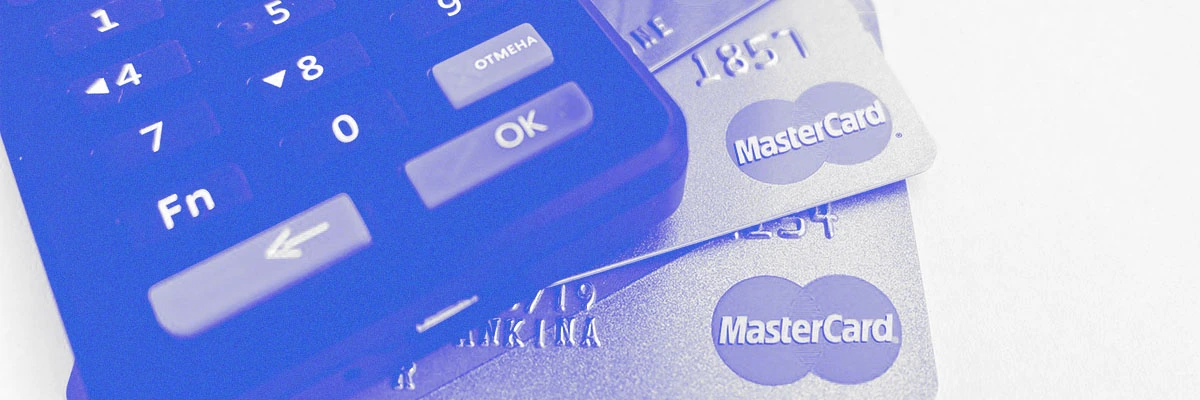
Bank Transfer for Forex Deposits: Pros, Cons, and What Traders Should Know
When you’re getting started with forex trading, one of the first things you’ll need to do is fund your account. One of the most common and most traditional way to do that is with a bank transfer. It sounds simple enough, but is it the best option for traders today?
Let’s break down the pros and cons of using bank transfer to deposit your forex broker account, and go over a few things every trader should know before clicking “send.”
Is Bank Transfer a Good Way to Fund Your Forex Broker Account?
Short answer? It depends.
Bank wire transfers are generally considered a safe and reliable way to deposit money into your trading account. They’ve been around forever, and most forex brokers that accept bank wire deposits are happy to give you this option. But, like anything else in forex there are trade-offs. Let’s look at both sides.
Pros of Using Bank Transfers for Forex Deposits
- Security Comes First Bank transfers are among the most secure ways to move money. You’re transferring funds directly from your bank to the broker’s bank — no middlemen, no third-party payment systems. If you’re looking for a safe way to deposit into a forex account, this is it.
- Higher Deposit Limits Some payment methods like cards or e-wallets cap how much you can deposit. Bank transfers usually don’t. This makes them ideal for more serious traders or for anyone planning to move a larger sum.
- Widely Accepted Most brokers, especially the regulated ones accept bank wire. So if you're wondering whether forex brokers accept bank wire transfers, the answer is almost always yes.
Cons of Using Bank Transfers to Deposit Into a Forex Account
- Slow Processing Times Here’s the downside: bank transfers can be slow. Domestic transfers might take 1–2 business days. International ones? Sometimes up to 5. If you're eager to get started trading right away, this delay might be frustrating.
- Bank Transfer Fees Add Up Depending on your bank and the country you're sending from, fees can range from $10 to $50. Some brokers will cover these costs, but many don’t — so make sure you check both sides of the transaction.
- Complicated Setup You’ll usually need details like IBANs, SWIFT codes, and broker-specific instructions. It’s not impossible, but compared to clicking a button with a card or e-wallet, it takes a little more effort.
Tips for Using Bank Transfers Safely with Forex Brokers
If you're planning to fund your account with a wire transfer, here are a few quick tips:
-
Double-check all banking details from your broker before sending money
- Confirm your bank’s fee structure so you’re not caught off guard
- Use your own bank account — transfers from third parties are often rejected
- Take a screenshot of the transfer receipt for support, just in case
- Expect a wait and don’t panic if your money doesn’t show up immediately
Are Bank Transfers Still Worth It in 2025?
If you value security and reliability, bank transfers are still one of the best ways to fund your forex account. They’re especially useful if you’re depositing a large amount or working with a regulated broker that prefers bank wires for compliance reasons. But if you want speed and convenience, other methods like e-wallets or credit cards might suit you better — especially for small or quick deposits.
Final Thoughts
There’s no one-size-fits-all answer here. Bank transfers come with pros and cons — and knowing both can help you choose the method that works best for your trading goals.
Curious about other ways to fund your forex account or what else you should know before depositing? Here are several beginner-friendly guides: